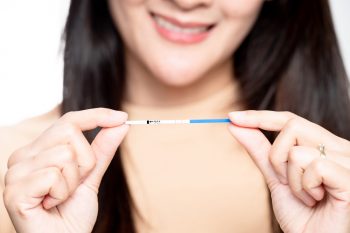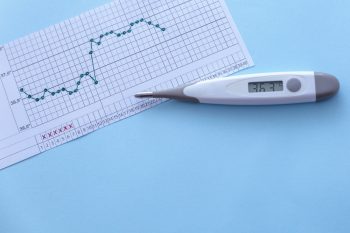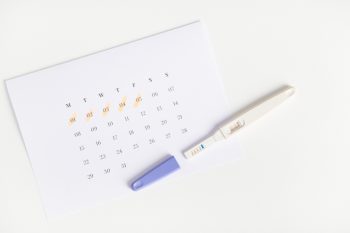Pregnancy loss can be a devastating experience in a woman’s life. But, how to calculate pregnancy after miscarriage without period? When a woman experiences a miscarriage, the body goes into a recovery mode, and there is a natural pause in the menstrual cycle.
The menstrual cycle usually resumes within six weeks of a miscarriage, but it is different for every woman. If you are trying to conceive again after miscarriage and haven’t got your period yet, it can be challenging to calculate when you’re ovulating and when to take a pregnancy test.
But don’t worry, in this blog post, we’ll guide you on how to calculate pregnancy after miscarriage without period.
Know when you ovulate
The most important thing to do when trying to conceive after a miscarriage is to know when you ovulate. Knowing when you ovulate helps you to time sex around your fertile window correctly.
You can calculate your ovulation date based on your last menstrual cycle or by using an ovulation predictor kit.

However, if you haven’t had your period yet after a miscarriage, it can be challenging to pinpoint your ovulation. You can try tracking your basal body temperature (BBT) daily to detect ovulation.
Monitor your BBT
Monitoring your basal body temperature (BBT) can help you to determine when you’re ovulating without waiting for your period. BBT is your body’s temperature at rest. It usually rises after ovulation and stays elevated until the next period.

You can use a thermometer specially designed to detect slight changes in BBT to take your temperature every morning at the same time. When you see a sustained temperature increase for three days, it indicates that you have ovulated and can try to conceive.
Use ovulation prediction kits
Ovulation prediction kits can detect the luteinizing hormone (LH), which surges just before ovulation. The LH surge signals the follicle to rupture and release an egg.

If you’re trying to conceive after miscarriage and are not sure when you ovulate, you can use an ovulation prediction kit to guide you on timing intercourse correctly.
The kit detects the LH level in your urine and will give you a positive reading when you’re approaching ovulation.
Consult with your healthcare provider
If you have been trying to conceive for an extended period without success, it’s essential to consult with your healthcare provider.
They can help to determine if there are any underlying issues that prevent pregnancy after miscarriage and help to provide guidance on when to take a pregnancy test.
If you’re not sure when you ovulate, they may recommend a blood test to detect serum progesterone level, which increases after ovulation.

Take care of yourself
It’s essential to take good care of yourself after a miscarriage. It’s a stressful experience that can take a toll on your mental and physical health.
Take some time to grieve and process your emotions before trying to conceive again. Eat healthily, exercise regularly, and take multivitamins to support a healthy pregnancy.
Also, try to reduce stress by practicing meditation, yoga, or other relaxation techniques.
Trying to conceive after miscarriage without a period can be confusing, but it’s not impossible. By understanding your ovulation cycle, monitoring your basal body temperature, and using ovulation predictor kits, you can increase your chances of conceiving.
It’s also essential to consult with your healthcare provider and take good care of yourself. Remember to be patient and take your time, and don’t hesitate to seek support when you need it. With the right strategy and mindset, you can conceive again and get over your previous miscarriage.


